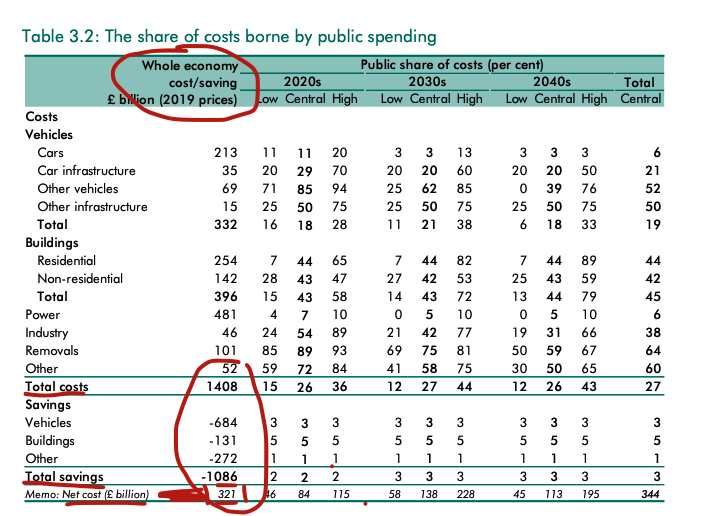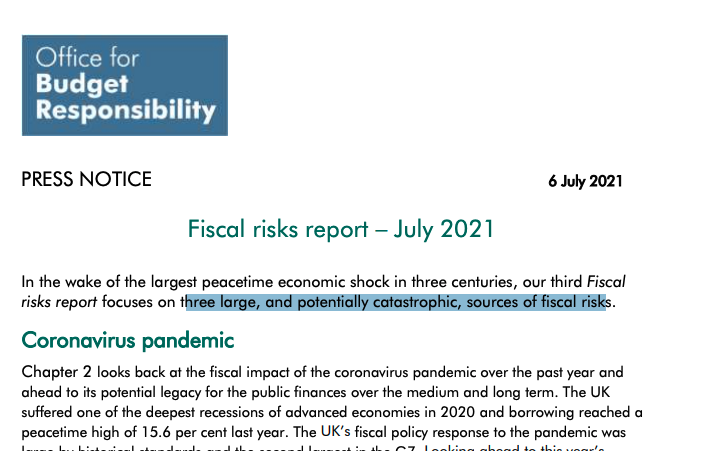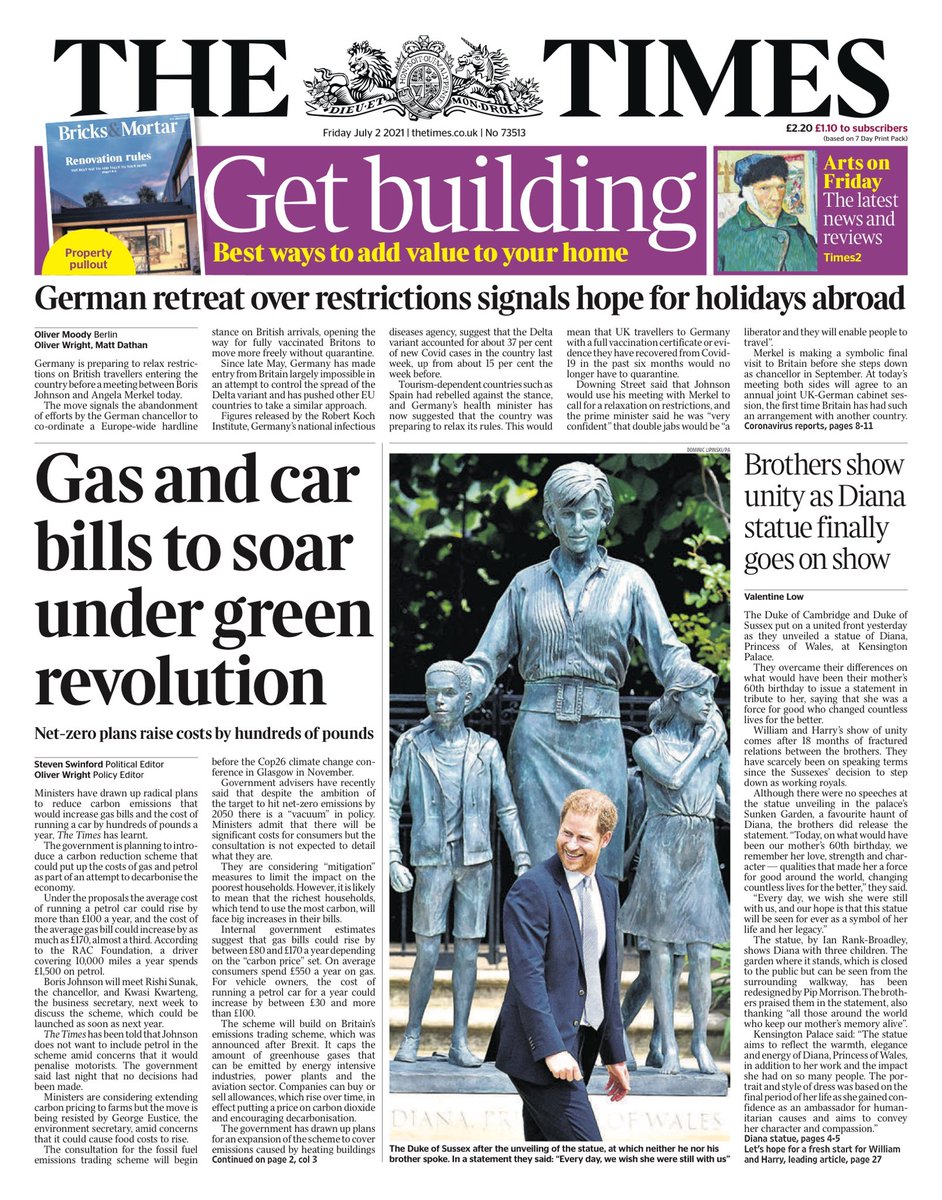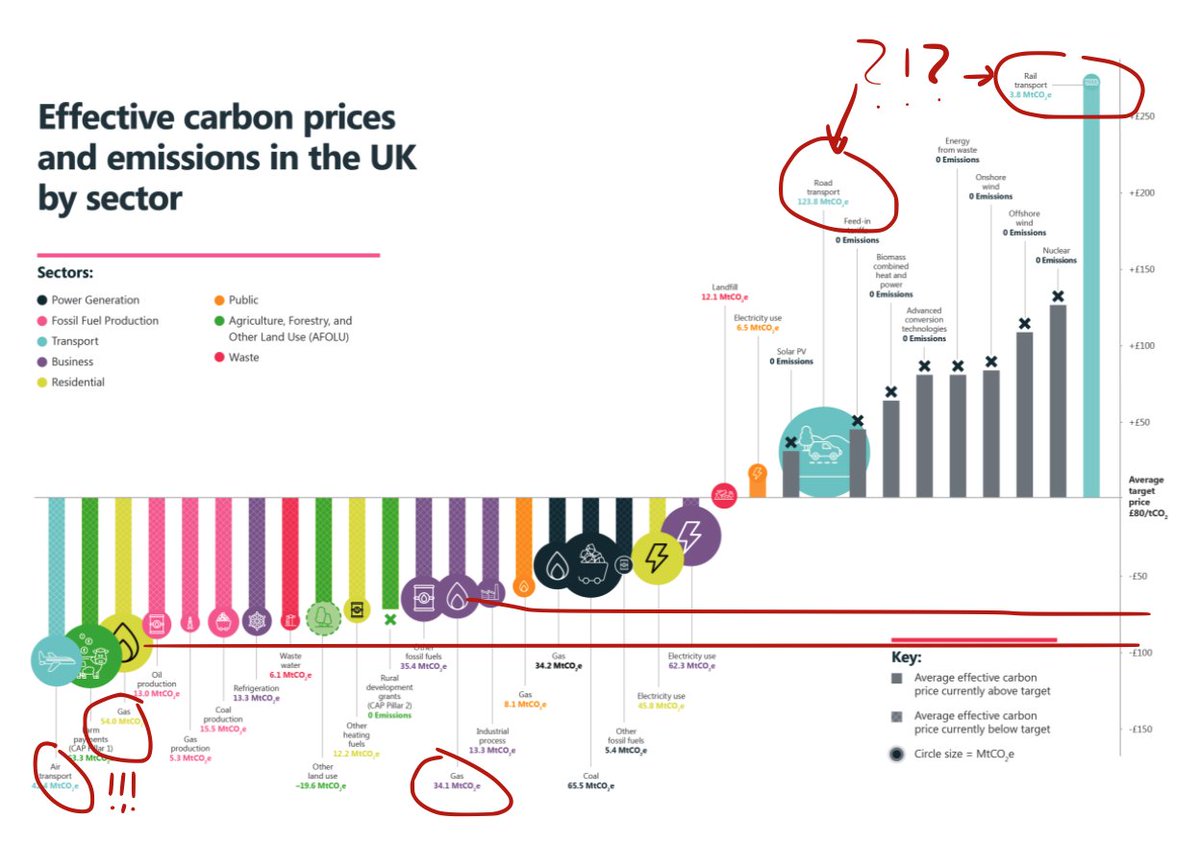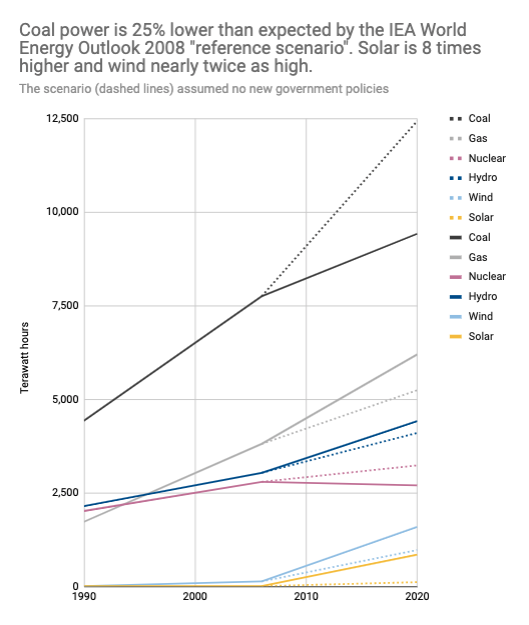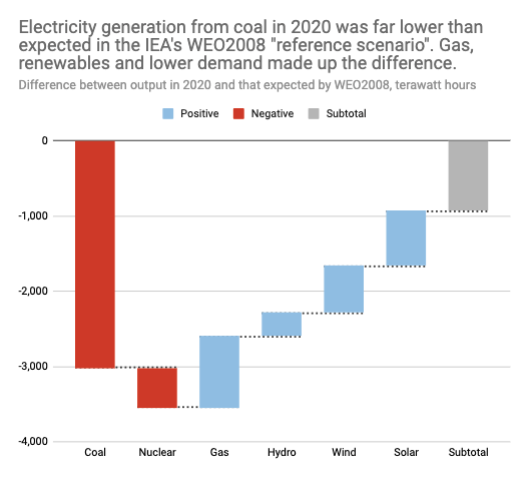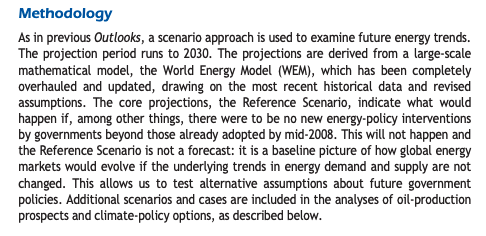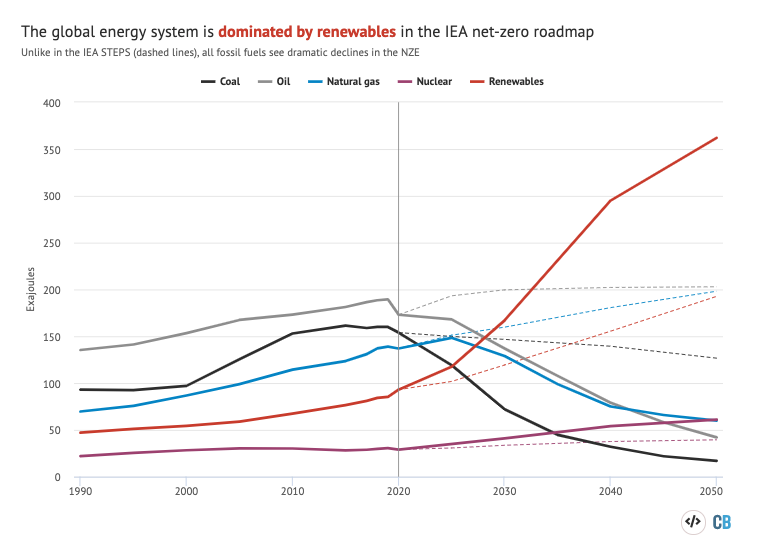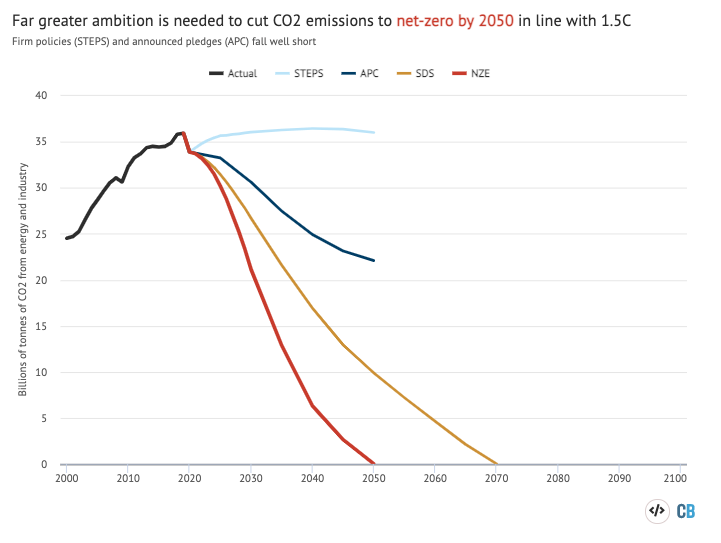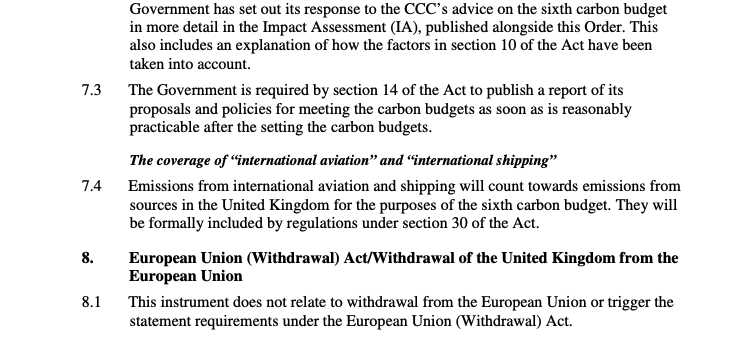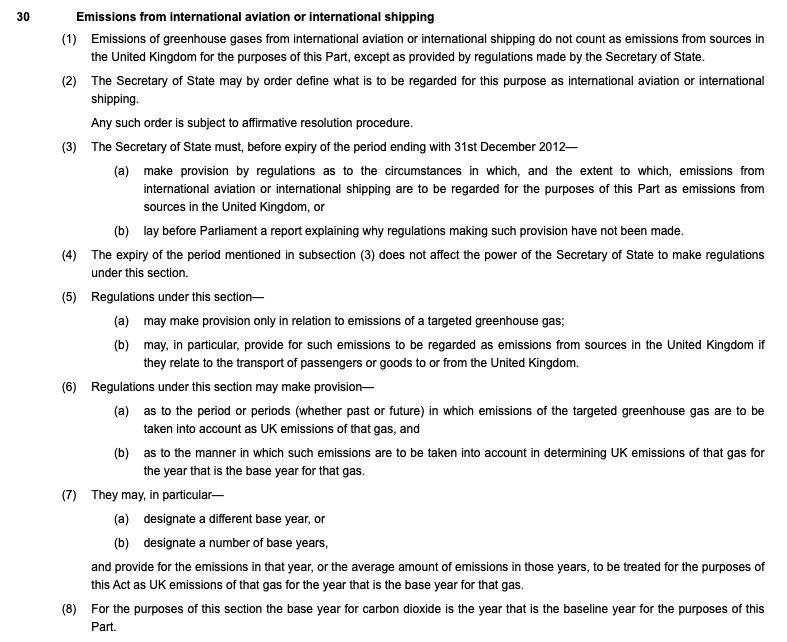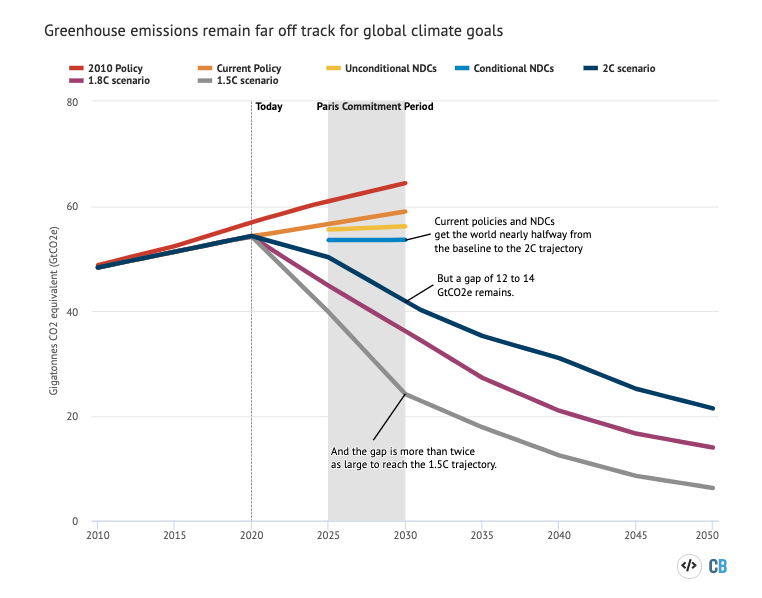
How lobbying works Pt 994
Heat & transport are the "two key sectors which appear to have the strongest potential for hydrogen"
Really?
So says Council for Science & Technology, chaired by @uksciencechief to advise UK PM
And who *really* says that?
1/
assets.publishing.service.gov.uk/government/upl…
Heat & transport are the "two key sectors which appear to have the strongest potential for hydrogen"
Really?
So says Council for Science & Technology, chaired by @uksciencechief to advise UK PM
And who *really* says that?
1/
assets.publishing.service.gov.uk/government/upl…
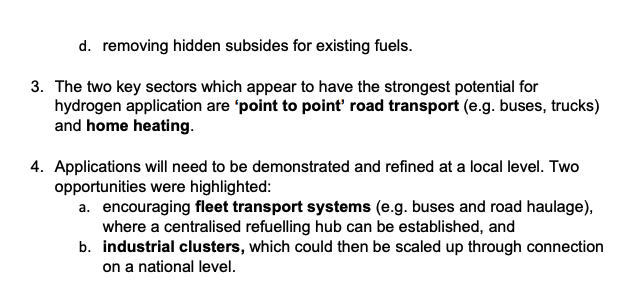
The line comes from a letter to @beisgovuk secretary of state @KwasiKwarteng, PM & other senior ministers
The letter is billed as advice on decarbonising homes & the development of a hydrogen economy
It's signed by Patrick Vallance @uksciencechief
2/
assets.publishing.service.gov.uk/government/upl…
The letter is billed as advice on decarbonising homes & the development of a hydrogen economy
It's signed by Patrick Vallance @uksciencechief
2/
assets.publishing.service.gov.uk/government/upl…
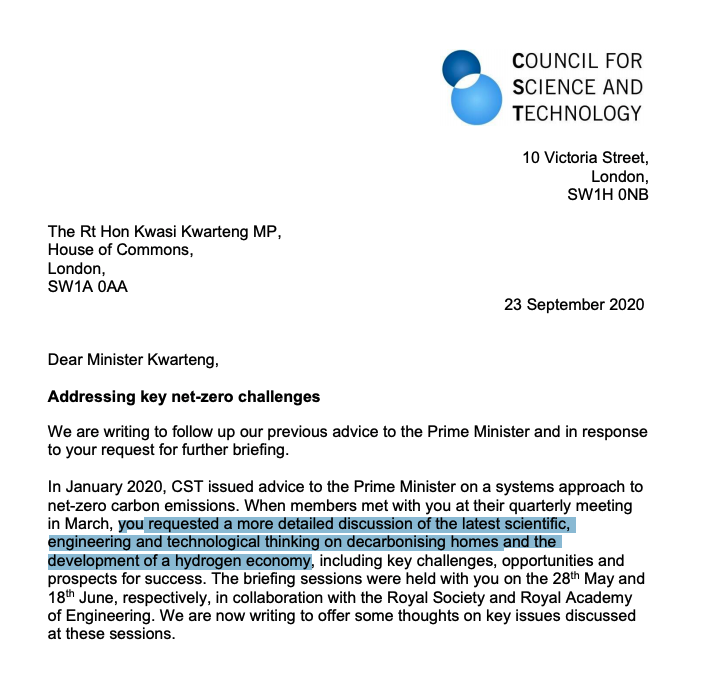
But who actually wrote the advice?
"We would like to thank Dervilla Mitchell (Director of Arup) and Paul Stein (Chief Technology Officer, Rolls-Royce plc) for leading the briefing sessions and development of this advice."
3/
assets.publishing.service.gov.uk/government/upl…
"We would like to thank Dervilla Mitchell (Director of Arup) and Paul Stein (Chief Technology Officer, Rolls-Royce plc) for leading the briefing sessions and development of this advice."
3/
assets.publishing.service.gov.uk/government/upl…
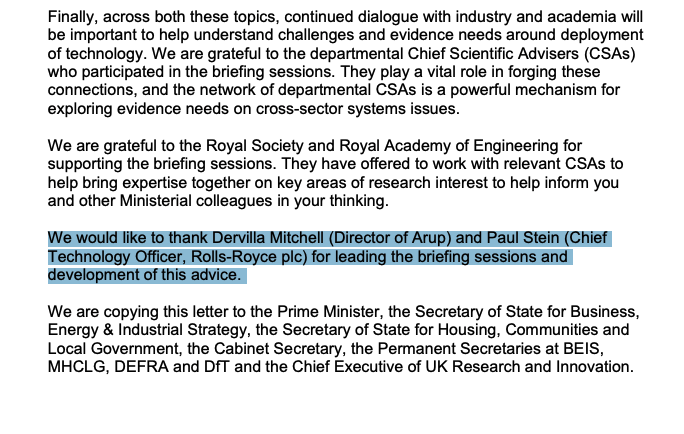
Nothing wrong with having sector expertise to help develop tricky technical advice for govt and, after all, they have declared their interests.
Right?
4/
gov.uk/government/pub…

Right?
4/
gov.uk/government/pub…
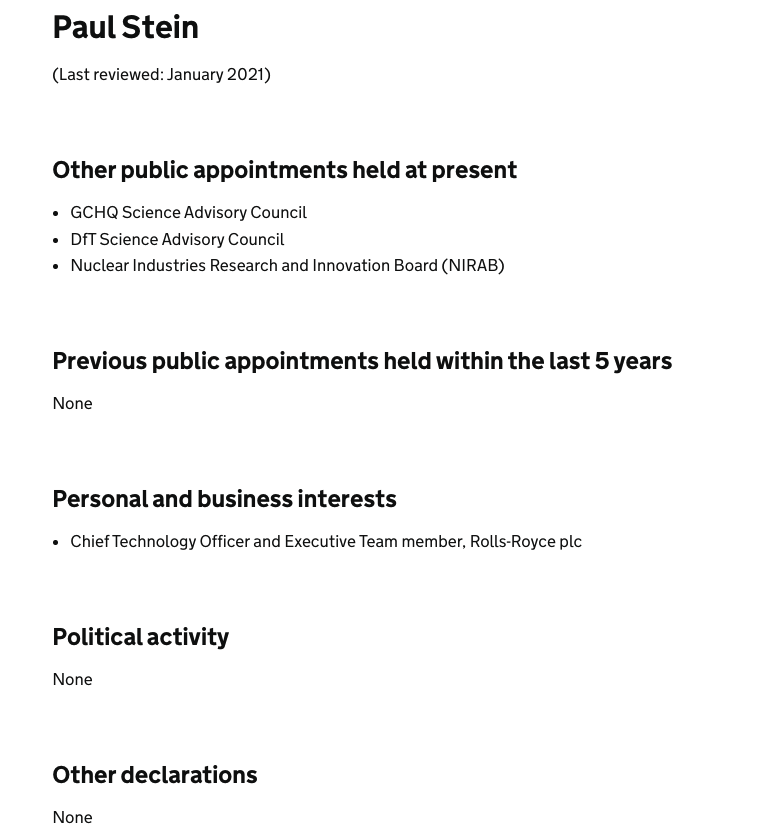

Thing is, both Arup and Rolls Royce have a business interest in hydrogen, more specifically hydrogen for heat and, er, transport
Here's Arup…
"Arup helps pioneering hydrogen houses" etc etc
5/
google.com/search?q=arup+…
Here's Arup…
"Arup helps pioneering hydrogen houses" etc etc
5/
google.com/search?q=arup+…
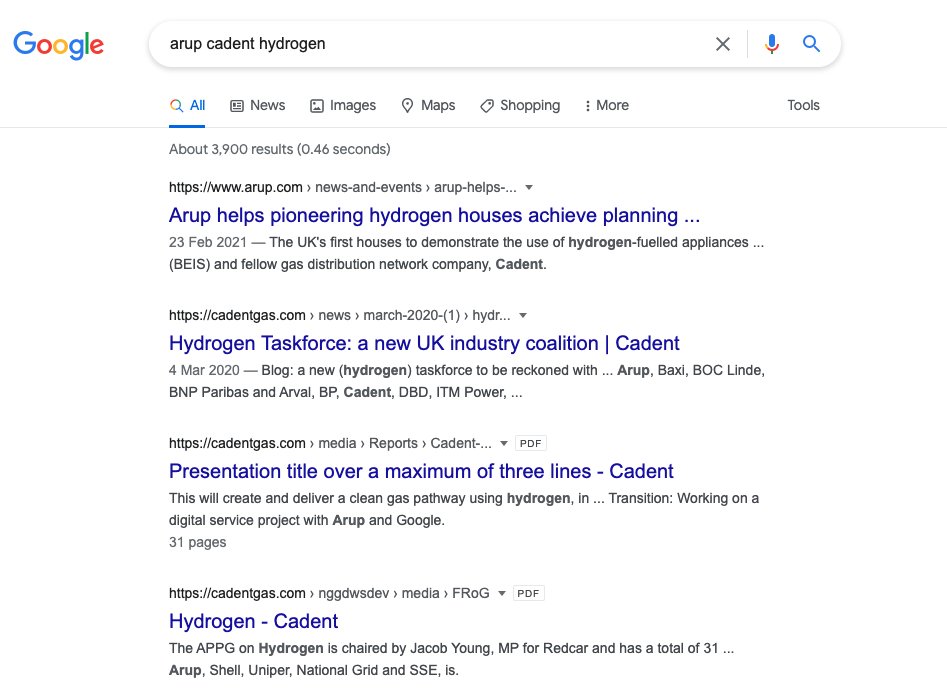
And here's Rolls Royce…
"We see an important role for hydrogen in helping to lower emissions; fuelling buses and lorries as well as for energy storage and home heating…We are developing a range of products based on hydrogen"
(you get the picture)
6/
rolls-royce.com/innovation/net…

"We see an important role for hydrogen in helping to lower emissions; fuelling buses and lorries as well as for energy storage and home heating…We are developing a range of products based on hydrogen"
(you get the picture)
6/
rolls-royce.com/innovation/net…
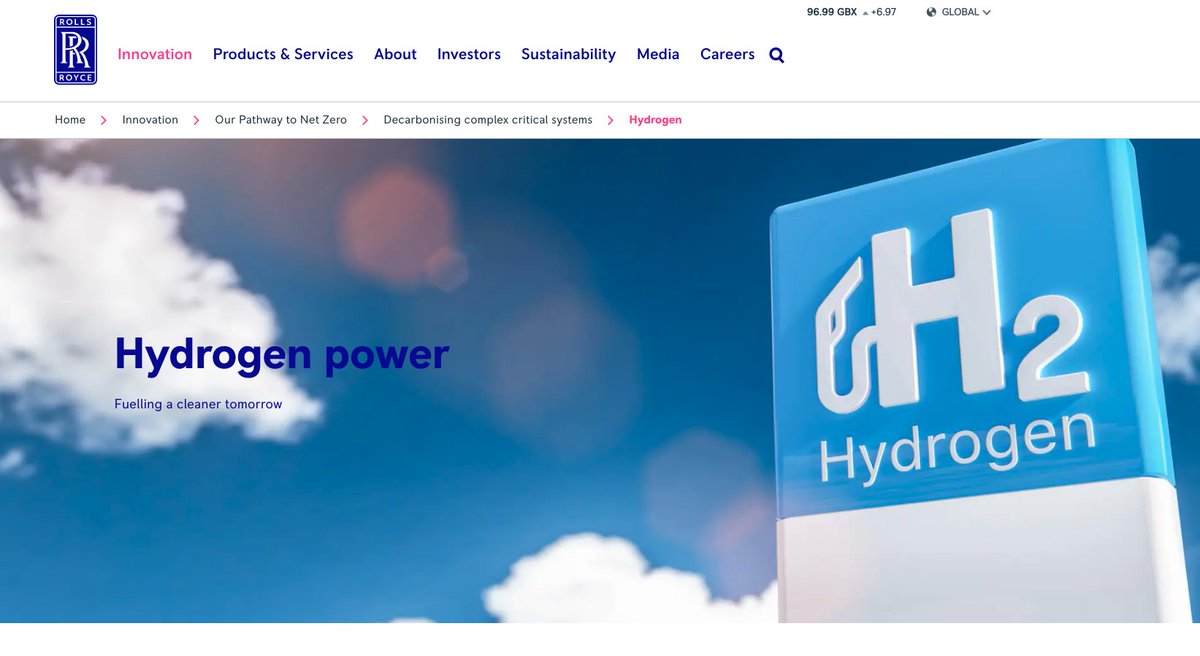
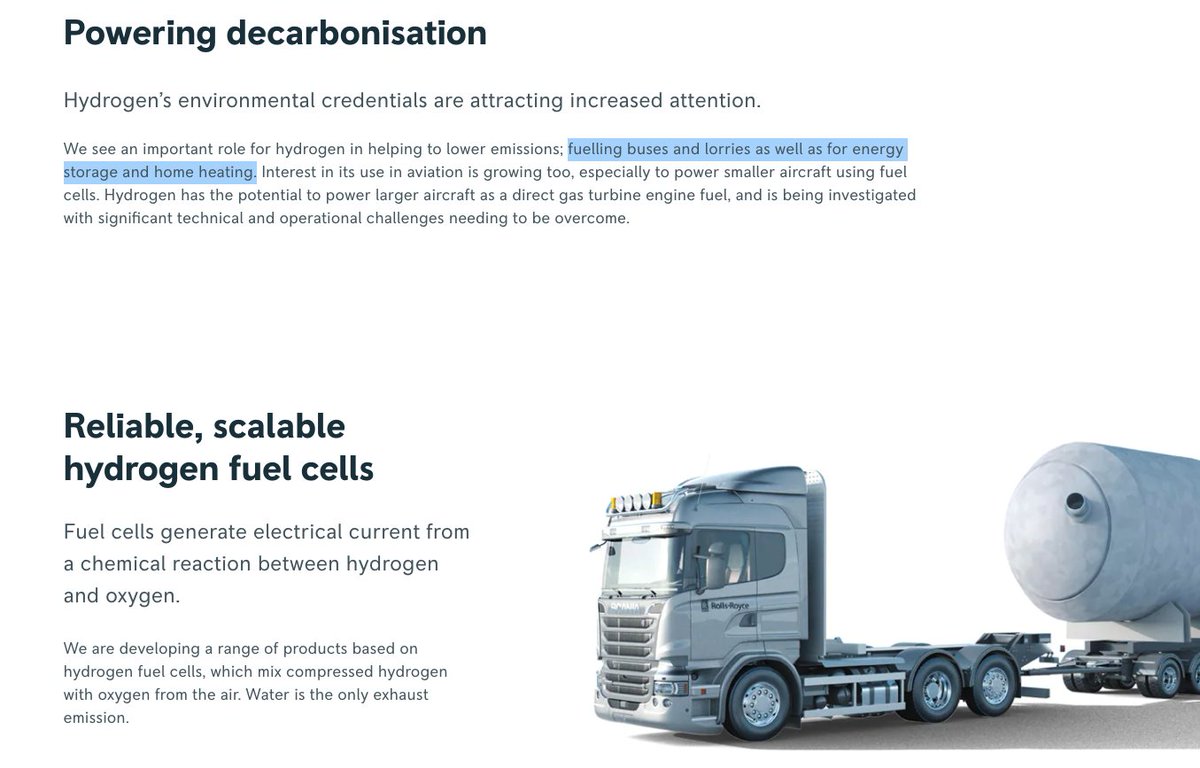
None of this would matter except for the small fact that building heat & (most) road transport are almost universally identified – by @theCCCuk @IEA @MLiebreich etc etc – as among the *lowest value* applications of hydrogen
7/
7/

Here's the @theCCCuk central view from its sixth carbon budget advice, with building heat & surface transport making up a very small share of hydrogen demand in 2050 (cf shipping, industry, power sector etc)
carbonbrief.org/ccc-uk-must-cu…
8/
carbonbrief.org/ccc-uk-must-cu…
8/
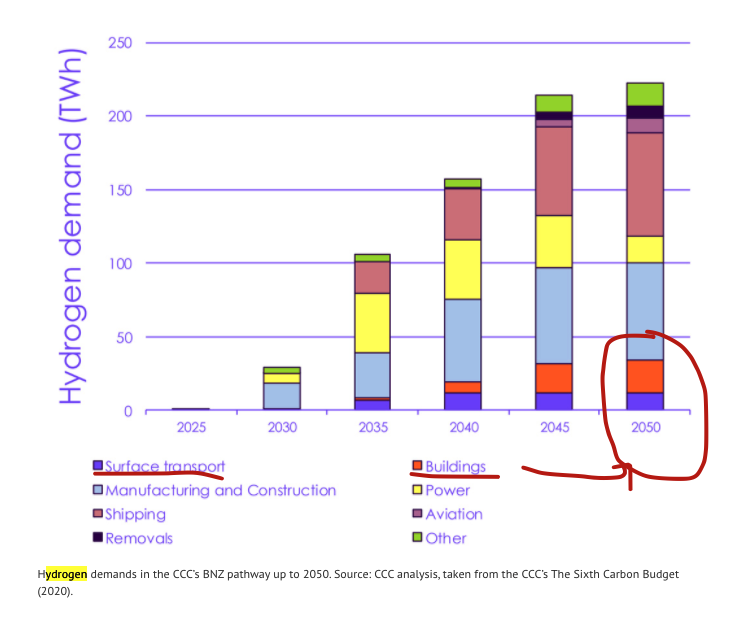
Here's analysis behind @theCCCuk central view on home heat specifically (HT @heatpolicyrich ) in which none of the mix in 2050 is pure hydrogen boilers (only "hybrid" heat pump + boiler)
9/
theccc.org.uk/publication/de…
9/
theccc.org.uk/publication/de…
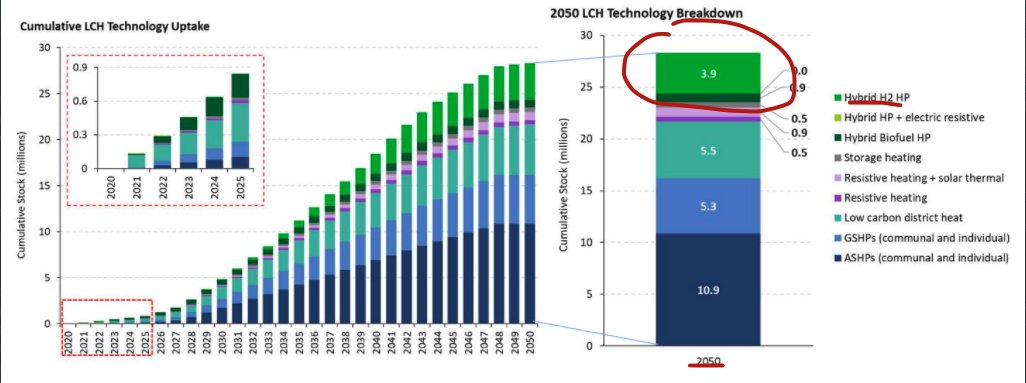
And here's @IEA on hydrogen use in transport (basically only for long-distance trucking) and overall – again, mostly not for buildings or transport
10/
carbonbrief.org/iea-renewables…

10/
carbonbrief.org/iea-renewables…
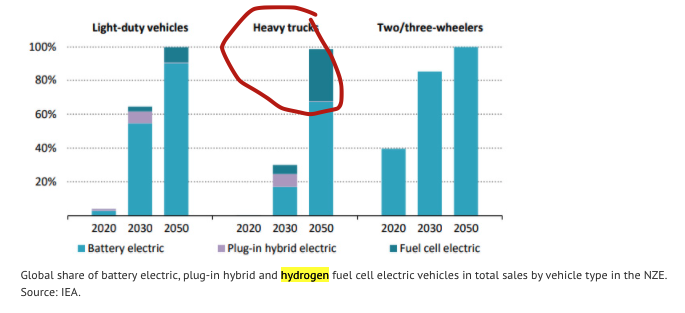
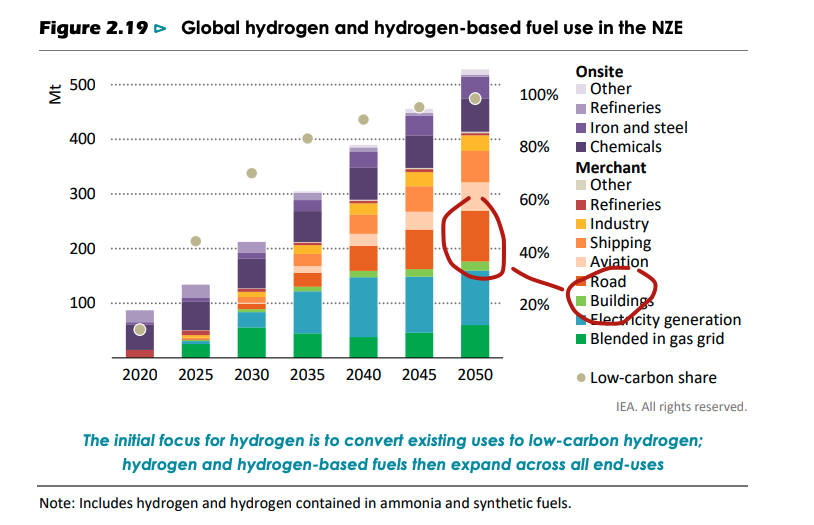
To conclude, hydrogen is likely to be very important for reaching net-zero – perhaps even vital – but none of the independent experts I've spoken to see heat & road transport – barring long-distance trucking – as priority areas for the fuel
11/ends
carbonbrief.org/in-depth-qa-do…
11/ends
carbonbrief.org/in-depth-qa-do…
• • •
Missing some Tweet in this thread? You can try to
force a refresh


